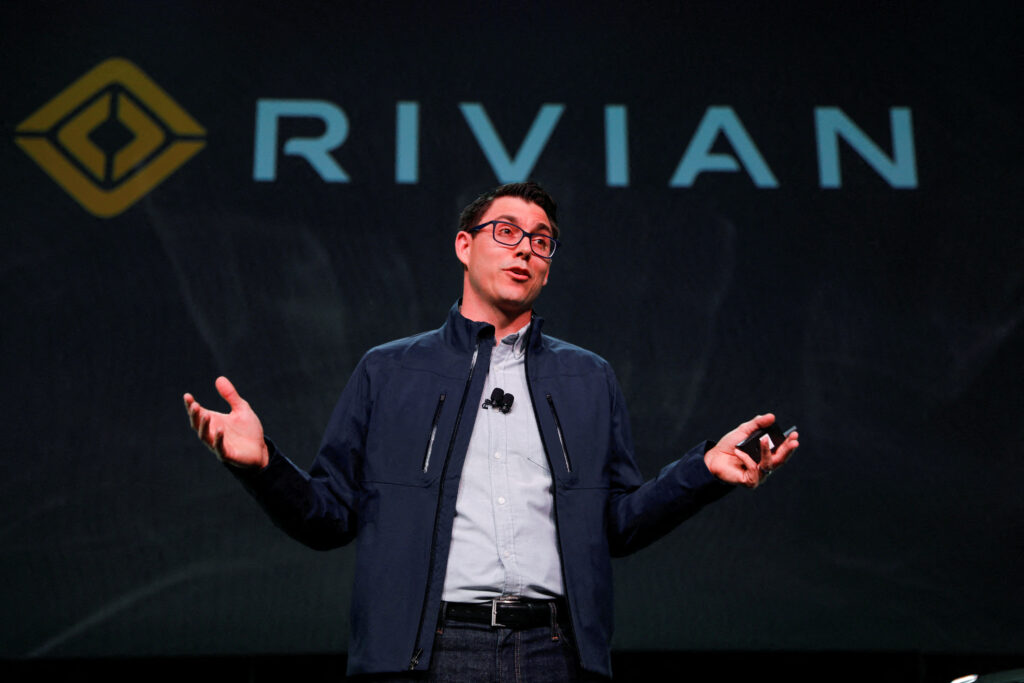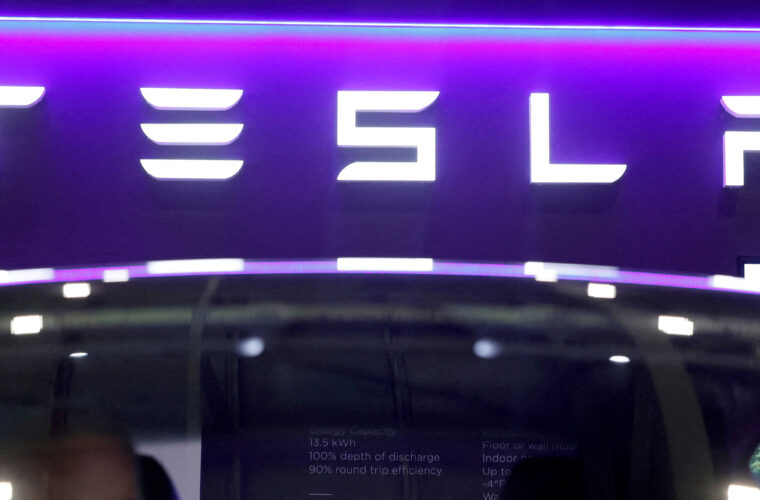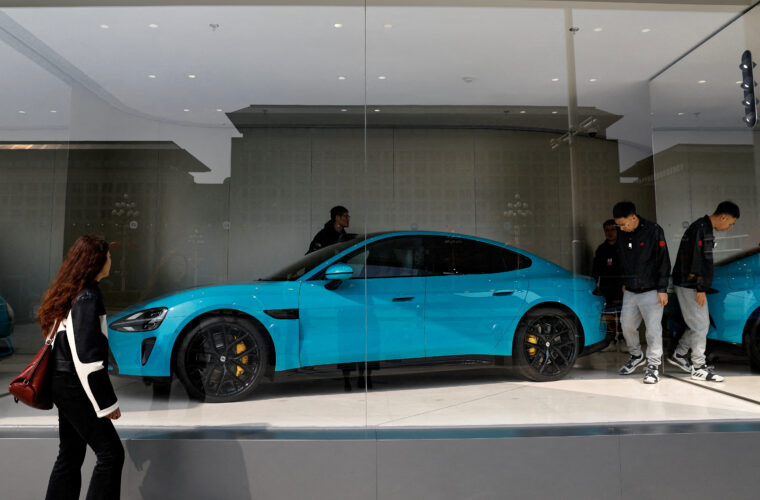EV startups from Lucid to Rivian see demand fade, supply chain issues linger

By Abhirup Roy and Akash Sriram
SAN FRANCISCO (Reuters) – U.S. electric vehicle (EV) startups are seeing an unsettling trend, with demand evaporating as potential customers look for deals or hold off on purchases altogether.
Quarterly reports from several companies indicated weakening interest for many of their newer products, a bad sign for companies wrestling with high costs.
Luxury sedan maker Lucid, pickup and SUV maker Rivian and electric semi truck maker Nikola all flagged economic pressure, with industry experts saying price cuts by industry behemoth Tesla and the availability of cheaper EV models from traditional automakers sapped demand for the startups’ new vehicles.
An exception was Fisker, which has barely kicked off production of a $37,499 SUV. That is one of the cheapest prices in the EV group, and Fisker, which has produced only 56 vehicles so far, saw orders improve.
The Model Y from Tesla retails for at least $54,990 after recent price cuts, Rivian’s R1S SUV is priced around $78,000 and Lucid sells its Air Pure sedans for about $87,400.
Shares of Rivian fell about 13%, while those of Lucid, Nikola and Fisker were down between 2% and 4%. Tesla was trading 1.3% lower.

“EV startups have this sort of double whammy,” Danni Hewson, head of financial analysis at British investment platform AJ Bell told Reuters.
“On the one hand, competition and rate hikes, meaning money ain’t so cheap anymore. And on the other hand, inflation, creating a situation where a consumer is thinking hard about the choices that they make now.”
New federal incentives of up to $7,500 for electric cars made in America raised expectations that demand in the sector would jump, although conditions for what counts as U.S.-made have tempered enthusiasm.
Tesla also ignited a price war this year by aggressively slashing vehicle prices, financially secure in its industry-leading profit margins.
By contrast, Lucid reported a slump in reservations to over 28,000 as of Feb. 21 from 34,000 on Nov. 7, adding it would not disclose the number going ahead. Nikola said issues hurting demand for its battery-powered trucks would not ease any time soon.
Rivian forecast 2023 production well below analyst estimates on Tuesday, citing nagging supply chain shortages, sending shares down 8% in after-hours trading.
“Certainly, what we’re witnessing in the macro and what we’re seeing in terms of interest rate is … across the industry, having an effective moderating overall demand,” Rivian Chief Executive R.J. Scaringe said on a Tuesday conference call.
Rivian did not provide current orders, a number they have updated every quarter.
Lucid and Nikola shares have fallen about 9% and 5% respectively since releasing results, while Fisker has jumped 31% since reporting a rise in orders.
Venture capitalist Cassie Bowe, a partner at Energy Impact Partners, sees demand picking up from next year as the current sentiment forces EV makers to cut prices and introduce lower-priced models this year, and as the supply chain improves.
Bowe oversees investments in a host of startups, including EV charging companies, and said she was looking at investment opportunities in EV makers.
But the four companies have already lost a combined $84 billion in value over the past year, given production woes and supply chain disruptions.
“Across the world, there’s a little dose of realism that’s coming in saying, maybe the targets that have been set up for EVs aren’t realistic and cannot be achieved,” said Bala Lakshman, a partner at KPMG’s automotive strategy advisory.




